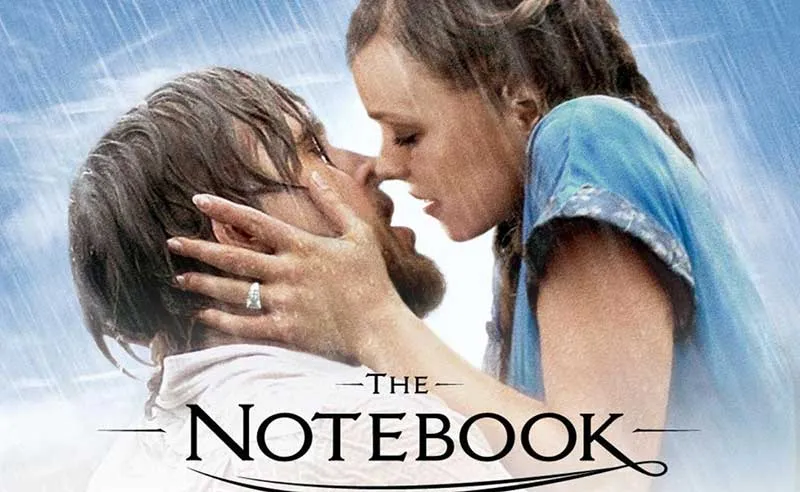Atonement: A Haunting Tale of Love, Guilt, and the Consequences of Imagination
Atonement (2007), directed by Joe Wright and based on Ian McEwan’s acclaimed novel, is a haunting and visually stunning film that weaves together themes of love, guilt, war, and the irreversible consequences of a single lie. Set against the backdrop of 1930s England and World War II, Atonement is not just a love story—it is a meditation on how perceptions, words, and actions can alter the course of lives forever.
The film opens in a lush English countryside estate, where 13-year-old Briony Tallis (played with striking intensity by Saoirse Ronan) witnesses a private encounter between her older sister, Cecilia (Keira Knightley), and the housekeeper’s son, Robbie Turner (James McAvoy). Briony, with her vivid imagination and a child’s limited understanding, misinterprets what she sees. Her confusion leads her to falsely accuse Robbie of a crime he did not commit—a decision that destroys the young lovers’ future and sets the tone for the tragedy that unfolds over decades.
What sets Atonement apart from typical period dramas is its non-linear storytelling and emotional complexity. The narrative jumps from the opulent pre-war estate to the chaotic, brutal reality of World War II. Robbie, released from prison in exchange for military service, is seen trudging through war-torn France during the Dunkirk evacuation—a sequence masterfully captured in a continuous five-minute tracking shot that remains one of the most acclaimed scenes in modern cinema. Cecilia, estranged from her family and working as a nurse, holds on to the hope of reuniting with Robbie. Meanwhile, Briony, now grown and filled with remorse, becomes a nurse and an aspiring writer, seeking redemption through words.

The performances in Atonement are emotionally rich and deeply human. James McAvoy delivers a heartbreaking portrayal of Robbie, a man torn from his life and dignity by a lie he could not prevent. Keira Knightley brings both strength and vulnerability to Cecilia, a woman who sacrifices comfort and family for the truth. However, it is Saoirse Ronan’s debut performance as Briony that truly stands out—her portrayal of guilt, jealousy, and misunderstanding is both disturbing and sympathetic.
Visually, the film is a masterpiece. Cinematographer Seamus McGarvey crafts a world filled with light and shadow, with a color palette that shifts from warm elegance to cold realism as the story darkens. Dario Marianelli’s Oscar-winning score, composed with the sound of typewriter keys layered into the orchestration, serves as a chilling reminder of Briony’s narrative control and the written word’s power to shape lives.
In the end, Atonement forces its audience to confront uncomfortable truths: the ease with which innocence can cause harm, the burden of guilt, and the limitations of redemption. Its shocking final twist redefines the narrative, revealing how storytelling itself can be both an escape and a form of punishment. Atonement is not merely a film about war or romance—it is a deeply moving exploration of regret, memory, and the desperate human need to make things right, even if only on the page.



